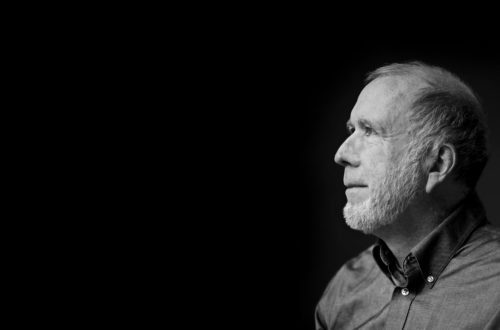Image: Concentration City by Maciej Drabik, inspired by JG Ballard
Life is complicated, and usually messy. Complexity in it’s nature, particularly natural organic complexity, often looks like chaos. Complexity overwhelms our ability to glance at and understand it. It take time, careful unpicking and unraveling, examining of relationships between parts. What is happening is often counter-intuitive and conflicts our bias. Oftentimes we can only understand what’s happening by examining data, and the data contradicts the narrative we have. We think: “Obviously, people want this.” What do we do when the evidence says otherwise? If we want to remain in control, to put ourselves atop the system we say “It must be a glitch, an outlier, an anomaly.” Evidence that contradicts the story we believe feels like a personal challenge to us and our competence. Our competence represents our capacity to be (or feel) in control. Being in control feels good, it’s whatever the opposite of overwhelming is. We feel like we have a grasp on things. The mind, the ego, the rational brain really likes feeling in control. It likes things that are clear cut, understandable and can be manipulated and controlled directly.
But of course, large portions of reality are mostly not like that. Once something rises to a certain level of complexity it starts to exhibit properties like emergence. Emergence means a system of simple rules can give rise to unpredicted results. Behavior can develop out of the system that it’s designer, or someone looking at the local details does not foresee. There is a part of our brain that loves this kind of complexity. Mostly, we call it nature. The part of our brain that thrills at a forest or jungle, or enjoys looking at a landscape is drinking in the richness of complexity, chewing over the patterns, trying to detect meaning in something which rewards every deeper level we examine. This is also something which many of us who care a lot about games are seeking. Good games can throw up wonderful possibility spaces in which lots of interesting things can emerge and happen for us to explore. In looking at nature, or a complex emergent phenomenon like a city, our brain’s pattern seeking mechanisms recognize that there are in fact patterns at work, but too many for us to discretely digest and so it gives up and crashes into a state of awe. The feeling of awe is the good counterpart to being overwelmed, through it we experience the sublime, the idea of a greatness beyond calculation.
I have a strong tendency towards control, towards a kind of analytical grasping, a desire to understand, measure and change reality through thinking. This is not inherently a bad thing but doing it reflexively and unthinkingly is. This is one of the things that I work on through my daily meditation: taking time to release control, to allow the mind to simply exist in and experience reality without trying to grab and hold it. I find that this is needed for me and lowers my stress levels. The constant grasping at control is like constantly holding your hands in a clenched fist. We need a balance of both expressing our intention towards reality and allowing ourselves to experience it, letting it wash over us. This is something I’m personally working on, and slowly making progress towards.





